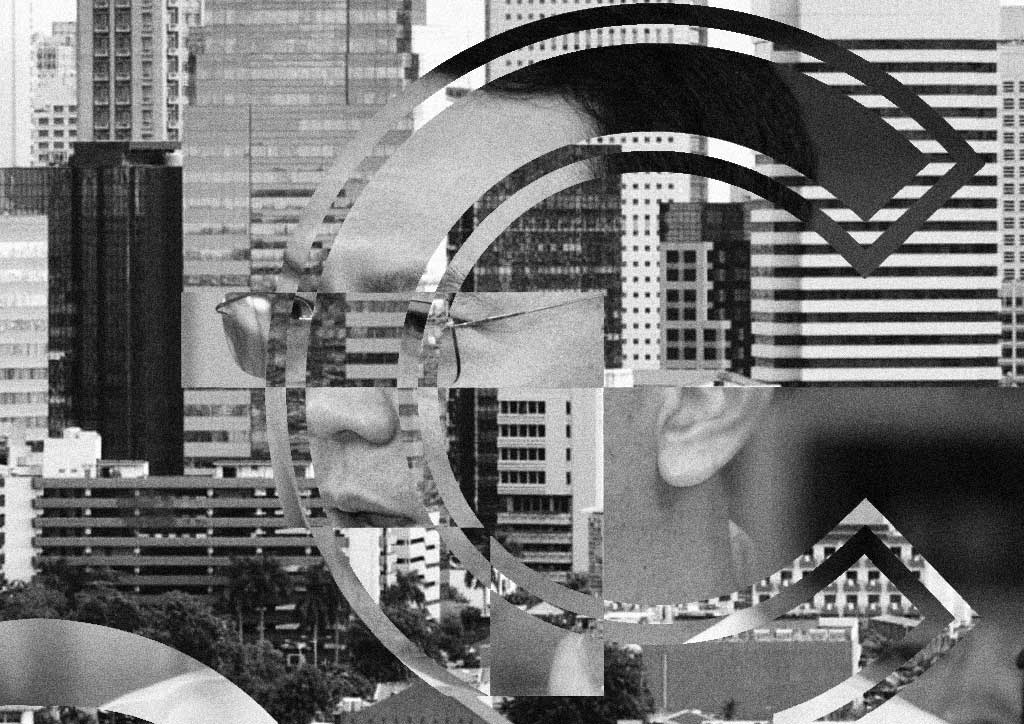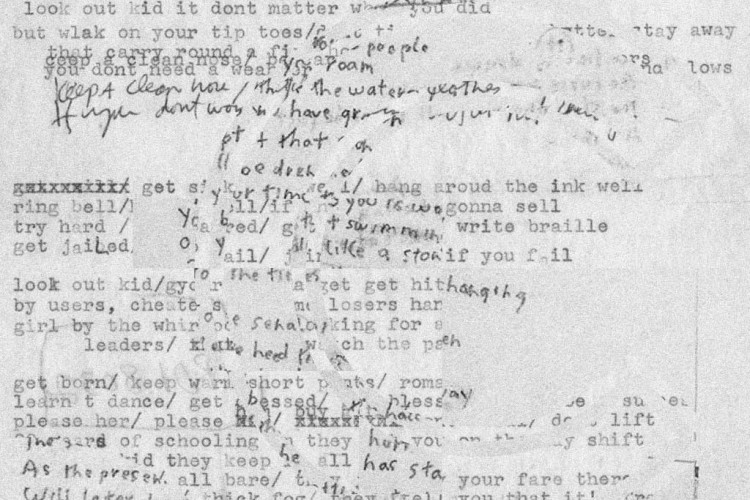
From social activities to channelling uprisings, social media has played its role in creating group movements from raising awareness to fighting rights, particularly initiated by the youth. As a tech-savvy generation, it is not surprising that youth communication is thoroughly delivered from its resources, in which we have seen in our social media trends and ways of self-representation through the online medium.
One of the impressive movements happening recently in Indonesia is the Teman Ahok movement, a socially independent group of Jakarta youth who have created a campaign to support the Jakarta governor, Basuki Tjahaja Purnama or more locally known as Ahok, in running an independent campaign to be able to nominate himself again for the next term of being Jakarta’s governor.
Due to reasoning, Ahok has opted out from the support of political party and to trust his way independently, which started the foundation of the group without direct affiliation with The Man himself. Channelled from the citizens and not from the candidate is the first sign that redefined our nation’s evolving mind as a way of approaching from the people to the people, instead of the leader to the people.
Many politicians and members of the public may not agree with Ahok as the capital’s governor, may it be from his background or simply because of his too aggressive attitude in communicating his ways. Nonetheless, one thing is living to its expectation: Ahok is the change Jakarta has been anticipating. For what many had longed for is granted from his assertive and honest ways, it is reasonable to be surprised and discouraged from such move. In an article called ‘Parties Need to Think About Ahok’s Independent Candidacy: Experts’, resounded viewpoints on the unpopularity of political parties from the public majority due to involvement of corruption and self-representation maintenance was asserted by Ansy Lema, executive director of Liberation Institute, that, “… they are also not democratic, they practice autocratic politics.” With that, Ahok is living proof of the reality of our government. As the realization is realized, the Jakartan youth are taking a stand.
I first came across a video from the Teman Ahok Facebook page in 2015 with animated infographics informing how Jakartans need to support Ahok for the gubernatorial election in 2017, from that day I stumbled upon the video. The informative visuals simply encourage Ahok’s supporters to do their part in helping Jakarta’s governor from being defeated by the corrupted in power. It informs that Ahok would need 750,000 supporters in a year. With a population of over 20 million citizens, this is supposedly not difficult to do. Yet, it is challengingly uneasy.
Indonesia has been a democratic nation since its reformation in 1998, and yet 18 years later, the definition of the word is constantly questioned. Within an extent, democracy is not too different with the basic definition of communication – it’s a two-way process as the nation evolves by time. Seemingly, the generalised understanding for political settlement is with diplomacy: an ideal dialogue not only from within the authorities but a dialogue that involves the people. The people ¬— isn’t that what democracy is all about?
Jakarta certainly has a great population number, but our nation’s engagement with social media has been well activated by the urban middle class youth, who are the core of this campaign movement. As elaborated by Stevie Leonard Harison in his observation, the 2014 Presidential Election has shown the complexity and all elements contributing in the process where, “… youth participation and social media [become] mainstream in global democracy dynamics.” If one were to take a step back and see this through, social media communication not only supplements, but also plays a crucial part in flowing information. It becomes the main channel to make the delivery, and also receive the consequences.
Through our nation’s history from Sumpah Pemuda or Youth Pledge in 1928, persuading Soekarno and Mohammad Hatta to proclaim our nation’s independence in 1945, to reclaiming our democracy in the 1998 tragic demonstrations that led to the fall of Soeharto, Indonesian youth have always played part in triggering the change our nation is hoping for. Alike to the Presidential Election in 2014, Aria Danaparamita observes in the article, ‘An Elegy to Indonesian Democracy’ that, “Civil society has been growing and people, especially the youth, have embraced their freedoms of expression and political participation.” As Danaparamita writes in reflecting the downside of Indonesia’s way of upholding hard-won democracy, she concluded by saying, “In the spirit of 1998, this elegy marks not the end of Indonesian democracy, but the resounding hope that it will be reborn even stronger than before.”
Yet, that is the key to our evolving nation’s democracy — in the next turning table occurrence, we strive in being stronger, and Teman Ahok is proving that through youth in the social media age.
Teman Ahok is a movement that is triggered from and through social media, through platforms where voices are heard, where opinions are taken into attention. In a BBC Indonesia article by Christine Franciska titled ‘Ahok atau Bukan Ahok, Media Sosial ‘Kunci’ Kemenangan di Pilkada Jakarta’ [Ahok or Not Ahok? Social Media is ‘The Key’ to Victory in Jakarta’s Gubernatorial Election], she emphasised that the social media stage is the key for an active independent campaign. Social media channel the public to be vocal, as well as for self-expression to be assertive. For Ahok to run such campaign independently, social media is the perfect-fit platform to deliver this. Still, as Franciska highlighted in the article where Yose Rizal states, “In social media, perception matters more than facts. We tend to receive the same information differently, and citizens today have the tendency to believe the data that supports their opinion.”
Democracy is dialogue; it invites people to participate. Through this generation of information technology, social media is the centre of attention where we can be vocal and the responses can be louder than you see offline. With social media evolving and integrating more ways to deliver content online, the Teman Ahok campaign acts out the role of not being the centre of attention, but simply in making the dialogue with Ahok’s belief in democracy and rejoicing our nation’s claim — a stronger echo to the people and by the people.
As this raises Ahok’s volume and the power of united youth, it really articulates democracy in being alive in our nation. Still, this roots back to questioning ourselves: will you listen?
“A Democracy Dialogue” ditulis oleh:
Yanti Sastrawan
Balinese-ish, Nutella enthusiast. Aside from wandering through parks and paths, she finds passion in picture books, illustration, as well as storytelling, and highly supports dance recesses.











